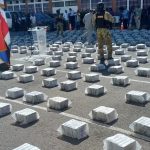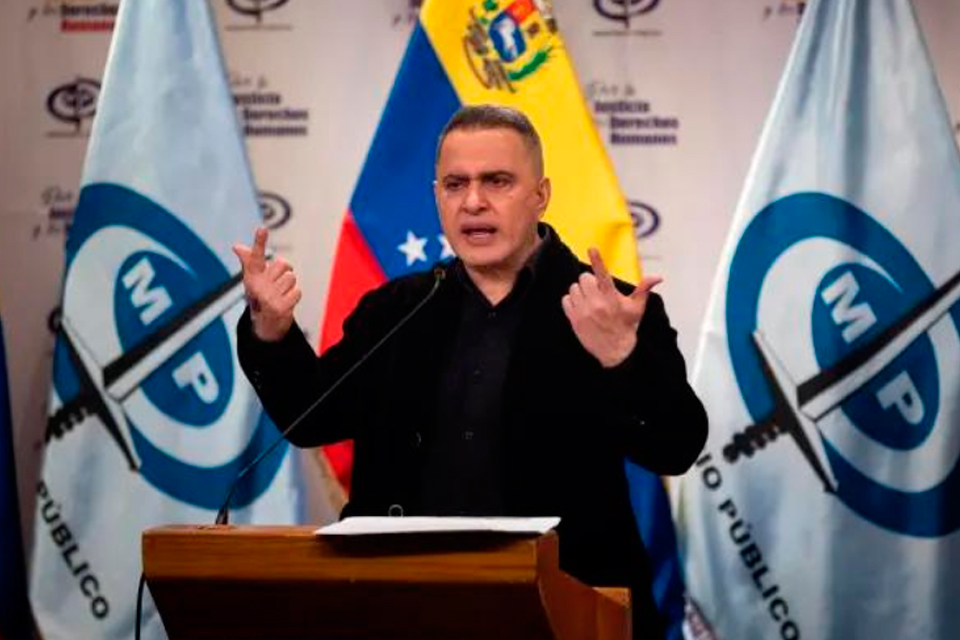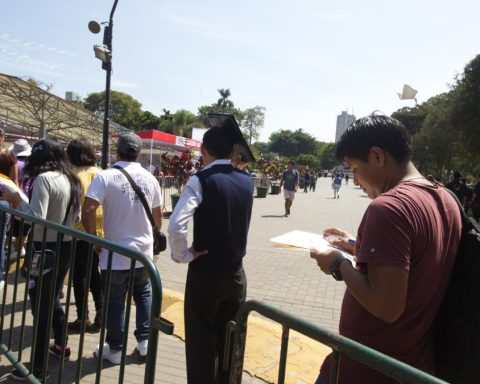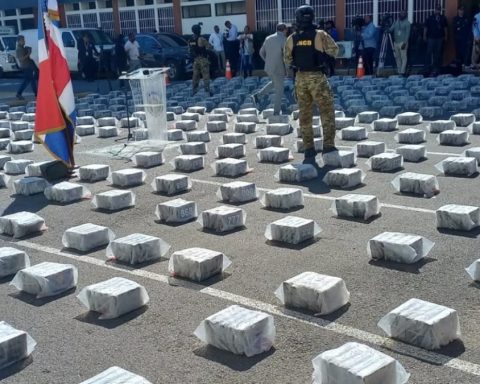Very quickly, the Bolivian government reacted to criticism from The Economist magazine about its handling of the crisis: “it ran out of gas and ideas.”
The reaction of President Luis Arce is directed, surely, to show the British magazine that, although there is no gas in Bolivia, there are many ideas.
The government’s team of brains was summoned to develop a strategy with ideas that would force the magazine to apologize, to publish an “apology”.
The first samples of what the “think tank” can produce rule out the magazine publishing an apology.
The government’s responses are ideas, it is true, although they are unrelated to the economic crisis, or are the opposite of what is needed.
It is likely that the group of masismo brainiacs have not understood what the president wants, because the ideas he has produced are, in reality, proof that the magazine is right.
This affects the reputation of the president, who at the time of the commodity boom even dreamed of being awarded the Nobel Prize in economics.
The ideas that he is launching make us suspect that the professors he had in the economics faculty of UMSA were not very qualified.
These are some of the ideas that the president launched to shut up the daring magazine.
The president says that he will create 42 new state companies, surely with the intention of proposing that they should be better managed than the current 70, almost all of them bankrupt.
He also announces that his government intends to substitute imports as an intelligent measure to do without the hated US dollars, which he gives very little time to live as the dominant currency, although for the moment it serves for 88% of all world transactions. according to Bloomberg.
But the most disconcerting idea that the president has had to face the crisis is the announcement that the identity card will be changed.
When the dollar is quoted at Bs 8.10 at the borders, when the ANH increases the restrictions on the sale of fuel every day, that idea arrives.
It is disconcerting because it is difficult to understand how this change helps to solve the economic crisis that threatens the stability that Bolivians have enjoyed since 1985.
The strange thing is that the government has not succeeded, now that it is so urgent for dollars, to suppress the prohibitions on the exports of agricultural products from Santa Cruz.
You should pay attention to the handling of the banking crisis, but intending to learn the lesson of the first bank closed in such an inept and clumsy way by ASFI.















